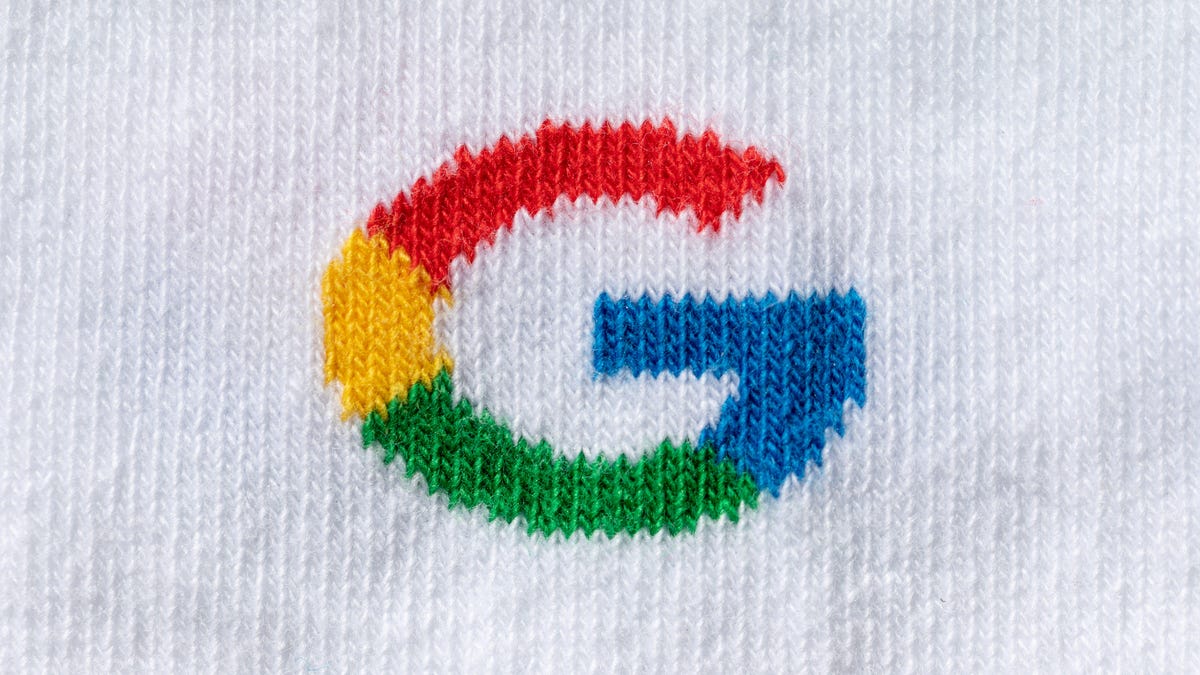Google Quietly Bought an AI Startup to Build Your Avatar
Google didn't publicize the move.

Google has bought Alter, an AI avatar creation company.
Google quietly acquired Alter, a Twitter-backed AI avatar startup formerly named Facemoji, earlier this year for $100 million, TechCrunch reported Thursday. Alter's acquisition was completed two months ago, an unidentified source told TechCrunch.
Google confirmed the acquisition late Thursday but didn't provide details on the exact date of the acquisition and purchase price.
Alter's chief operating officer, Jon Slimak, has updated his LinkedIn profile to reflect a new role at Google Avatars. As of publishing, Alter's website remains down.
In recent years, Google has been investing heavily in its AI technology. From language learning models to image generators, the company is putting AI at the center of its suite of products. For example, with Search, Google is using AI not only to help people filter out bad results, but also to help those struggling with personal crises.
With its hardware, like the recently released Pixel 7, Google is integrating AI processing cores into the phone's processor to better help process photos or translate speech. While Google's social media aspirations fizzled out in 2018, it is finding renewed momentum with YouTube Shorts, the company's short-form video platform meant to compete with TikTok. It's possible Google Avatars could integrate with Shorts sometime in the future.
Alter, headquartered in the US and Czech Republic, aims to generate avatars using AI, not only of people, but of the clothing and accessories they wear. For example, a person can buy an NFT of a designer bag and accessorize their avatar. This technology could integrate into video games and the metaverse. In an interview with TechCrunch last year, CEO Robin Raszka said it "ultimately it boils down to ego" and "how you show off that you have a Birkin bag, avatars on Twitter is the prime real estate for this, people just want to show off."

